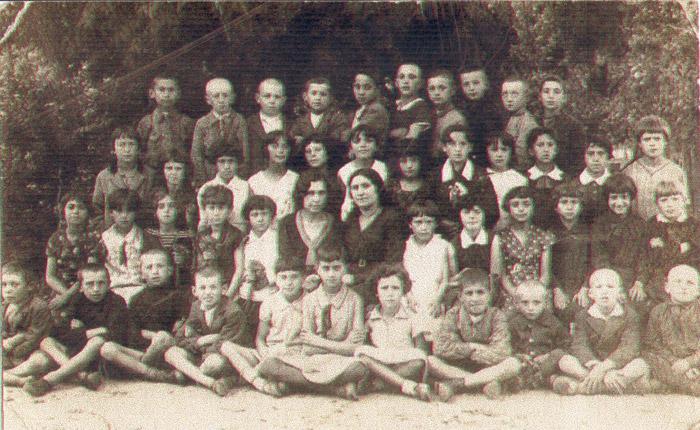Jedwabne – A Noble Family in the Midst of Murder and Betrayal
The Jedwabne massacre has become a symbol for Poles turning on their Jewish neighbors during the Holocaust and participating in the murder. As various investigations of the pogrom showed, on 10 July 1941, less than a month after the German occupation of the area, the town's Poles, without any assistance or guidance by the Germans, rounded up their Jewish neighbors and brutally killed them. However despite the deep hostility against Jews and the incitement and brutality that prevailed among the Polish population, there was a family in the Jedwabne district, that bucked the general trend and were willing to pay the price.
Aleksander and Antonina Wyrzykowski lived with their two children in the village of Janczewko, four kilometers from the county capital of Jedwabne, Bialystok district. On 10 July 1941, almost all the Jews of Jedwabne were killed by local Poles. Over a thousand Jews were herded into the market square, forced into a barn and burned alive. A handful of Jews who escaped the massacre reached the nearby ghetto of Lomza. On November 2, 1942, when the Germans began liquidating the Jews of the district, six survivors of the Jedwabne massacre – including Szmul Wasersztein, Moshe Olszewicz, his wife Lea, his brother Dov, and Jakub and Lea Kubran – escaped from Lomza. All six refugees were given a warm welcome by the Wyrzykowskis, who looked after them devotedly until January 1945, when the area was liberated by the Red Army.
Two weeks after the liberation, a gang of Polish nationalists raided the Wyrzykowskis’ home and beat them up for having rescued Jews. As a result, the Wyrzykowskis had to leave their home and move to Milanowek, near Warsaw. After the war, only a few of the participants in the Jedwabne massacre were brought to trial. Wasersztein himself testified at the proceedings. At the time, the authorities were keen to keep the massacre, which was perpetrated by the local Polish population, under wraps. The murder of the Jedwabne Jews received renewed attention after the publication of the book “Neighbors” by Professor Jan Tomasz Gross, who also referred to the Wyrzykowskis’ heroic rescue operation. After the war, the Olszewiczes moved to Argentina and the Kubrans to the United States. After Wyrzykowska lost her husband, the Kubrans brought her over to the United States.
On January 16, 1976, Yad Vashem recognized Antonina and Aleksander Wyrzykowski as Righteous Among the Nations.

